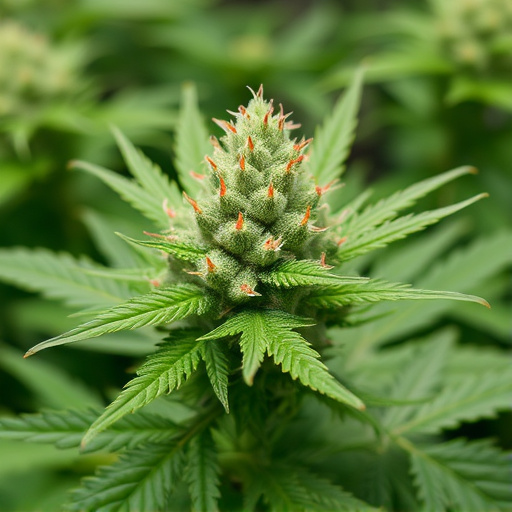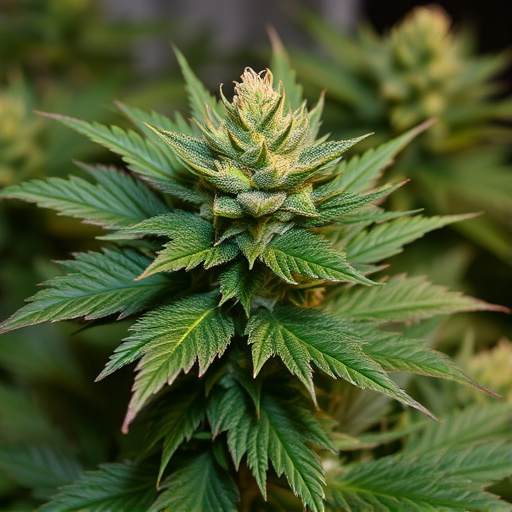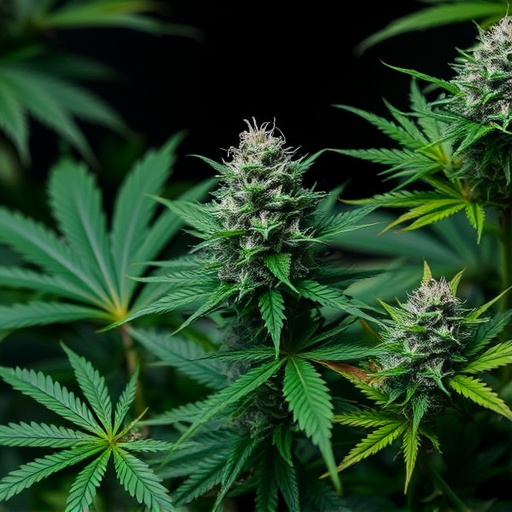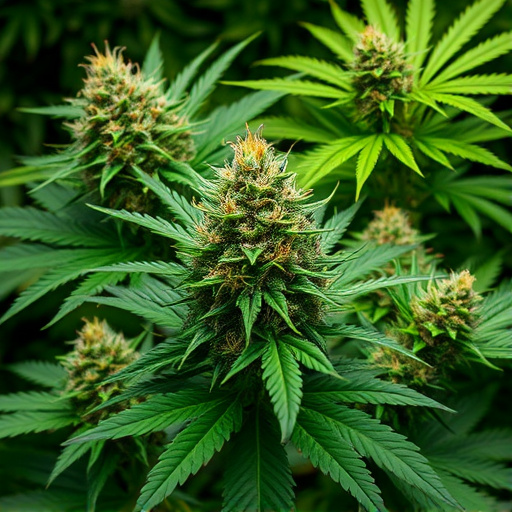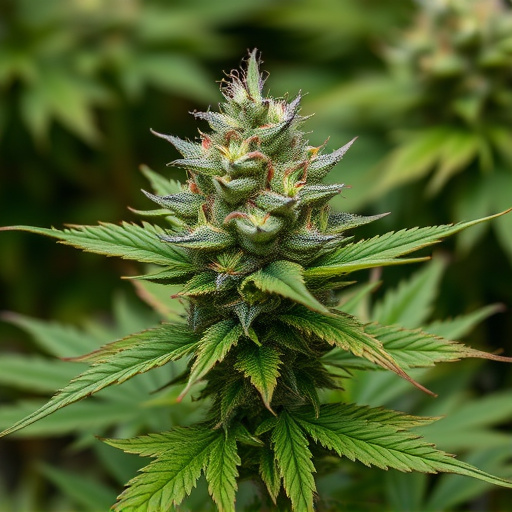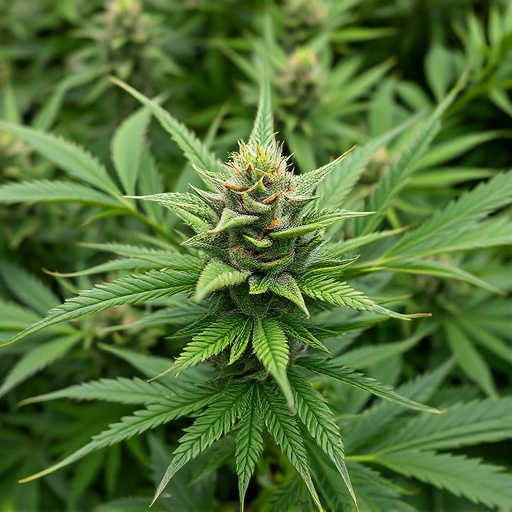The metabolism of medical marijuana strains varies greatly among individuals due to genetic factors, age, and gender, significantly impacting cannabis detection times in urine or blood tests. Growers have used genetic engineering to develop strains with altered cannabinoid profiles for specific therapeutic benefits. Understanding these metabolic differences is crucial for healthcare professionals interpreting drug tests and personalizing treatment plans for medical marijuana patients, while exploring different strain types highlights their unique chemical compositions and interactions with the endocannabinoid system for various medical conditions.
“Understanding cannabis detection times is crucial, especially with the growing prevalence of medical marijuana strains. This comprehensive guide explores the multifaceted factors that influence these timelines. From metabolism and individual variations—including genetic influences, age, weight, and health—to the unique composition of cannabis strains and their THC-CBD ratios, each plays a role. Additionally, we delve into testing methods, highlighting the disparities between laboratory and field tests, and the ongoing quest for improved accuracy in detecting cannabis consumption.”
- Metabolism and Individual Variations
- – Genetic factors influencing metabolism
- – Age, weight, and overall health as variables
Metabolism and Individual Variations

The metabolism, or how an individual’s body processes substances, plays a significant role in determining cannabis detection times. Every person’s metabolic rate is unique, affecting the speed at which cannabinoids like THC (the primary psychoactive compound in medical marijuana strains) are broken down and eliminated from the system. Faster metabolisms can lead to shorter detection windows, while slower ones may result in longer periods when cannabis use can be detected through urine or blood tests.
This variation isn’t just about age or gender; genetic factors also come into play. Certain gene variants influence the activity of enzymes responsible for metabolizing THC, further contributing to individual differences in detection times. Understanding these metabolic variations is crucial for those using medical marijuana strains, as it can impact when testing may be necessary and how long to expect residual effects.
– Genetic factors influencing metabolism
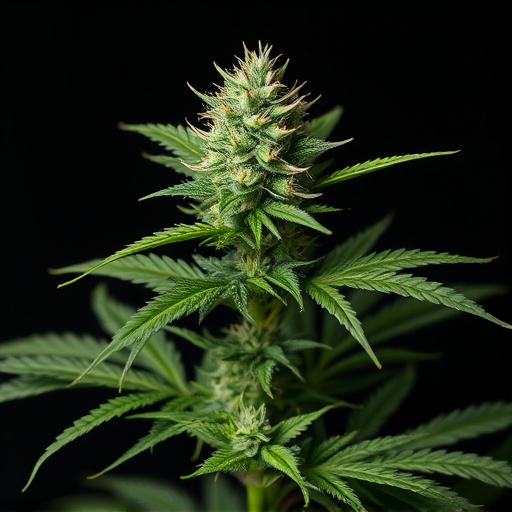
The metabolism of cannabis, and subsequently its detection times, can be influenced by genetic factors, particularly in the case of medical marijuana strains. Genetic variations among individuals play a significant role in how quickly and efficiently the body processes cannabinoids like THC (tetrahydrocannabinol) and CBD (cannabidiol). For instance, certain gene variants can lead to faster metabolism, resulting in shorter detection windows for cannabis use. These genetic influences are particularly relevant when considering medical marijuana patients, as personalized treatment plans rely on understanding individual metabolic rates.
Varieties of medical marijuana strains have been cultivated with specific genetic traits to optimize therapeutic benefits while minimizing potential psychoactive effects. Genetic engineering allows growers to produce strains with altered cannabinoid profiles and metabolite compositions, which can impact detection times. Understanding these genetic factors is crucial for healthcare professionals to interpret drug tests accurately and design appropriate treatment regimens for patients relying on medical marijuana.
– Age, weight, and overall health as variables
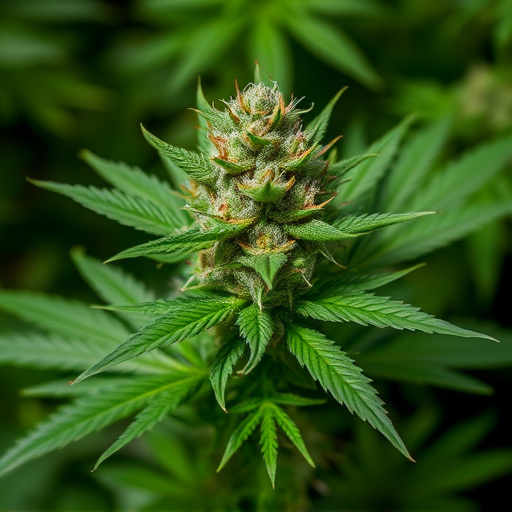
Understanding the factors that impact cannabis detection times is essential for both individuals using medical marijuana strains and legal professionals. Metabolism plays a significant role, with genetic predispositions and individual health contributing to variations in elimination rates. Age and weight also influence how quickly cannabis metabolites are cleared from the body. By recognizing these factors, users can make informed decisions regarding consumption, and legal experts can provide more accurate guidance, ensuring fairness in cannabis-related cases.

